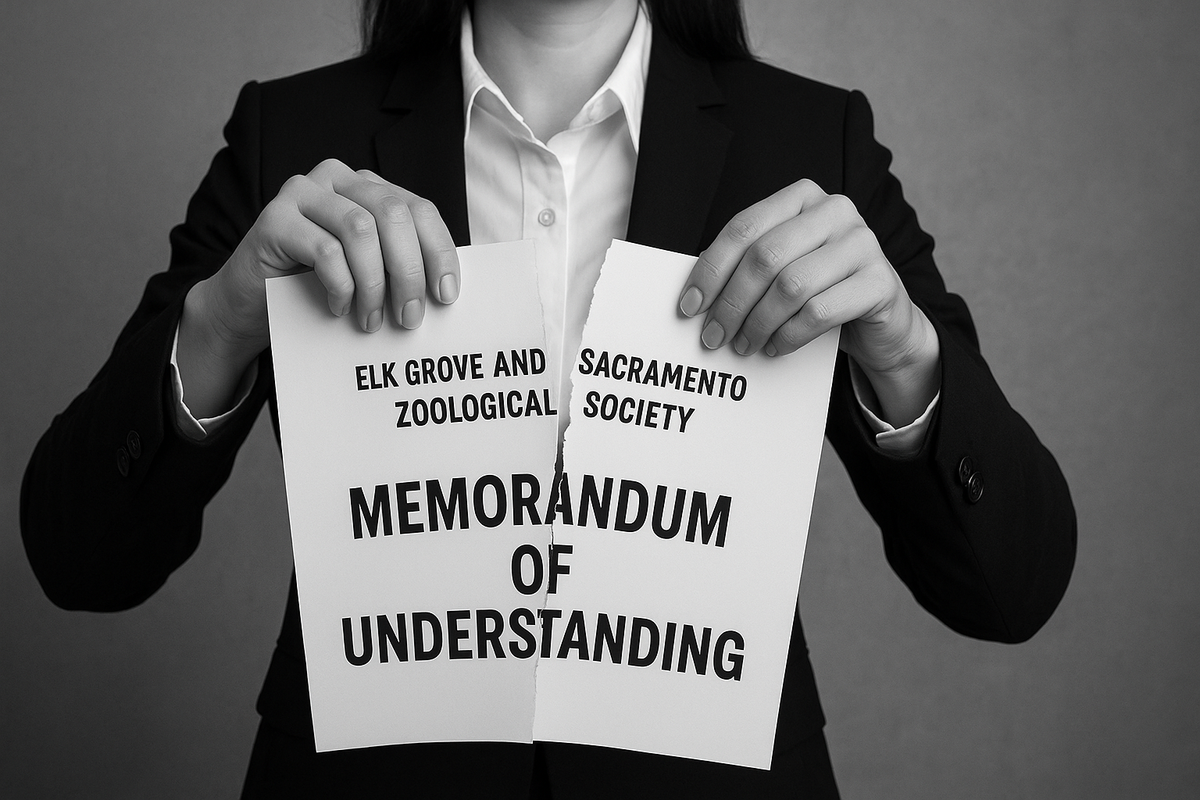Proposed Elk Grove-Sacramento Zoo comes to an end
The SZS had committed to raising $50 million in cash, and Elk Grove was going to issue $114 million in bonds.

The SZS had committed to raising $50 million in cash, and Elk Grove was going to issue $114 million in bonds.


Vang said that given her campaign's philosophy, she chose to collect signatures

Information sessions at District56

Apparently, Trump has never heard of Vietnam, Afghanistan, Iraq, and Libya.

Meeting and Events in Elk Grove